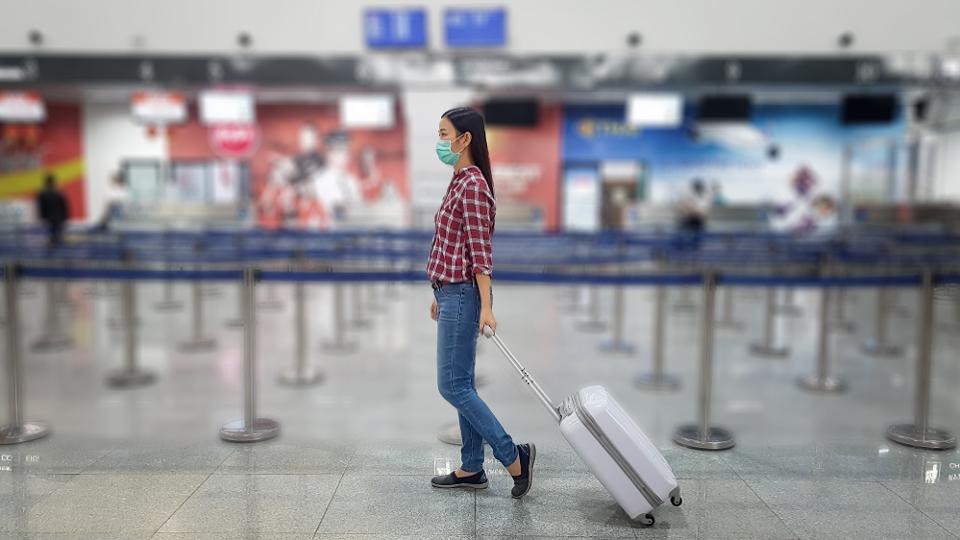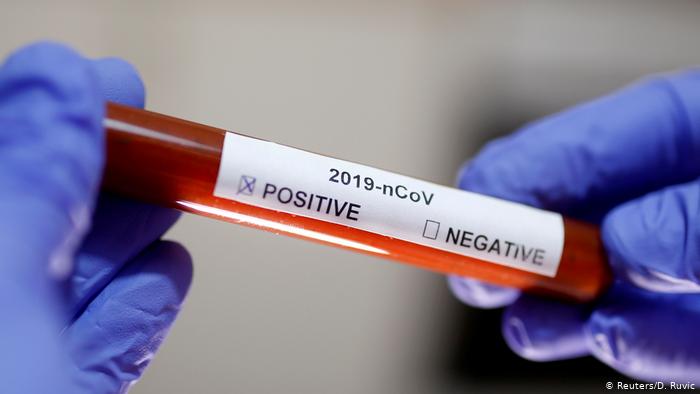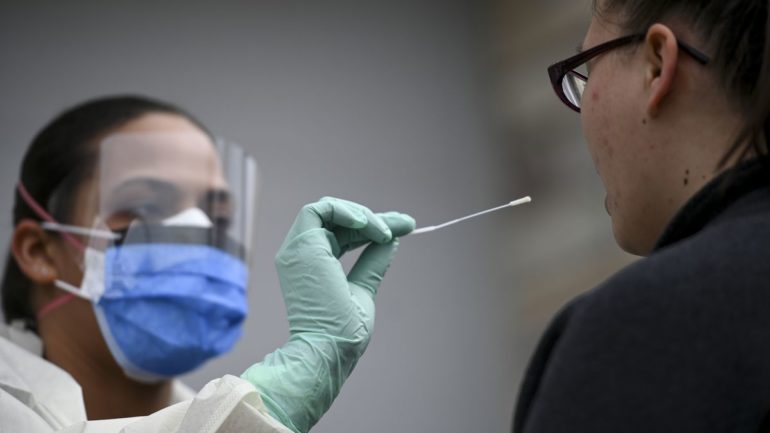Coronavirus will change the world around us. How we eat, where we go, the way we travel, everything will undergo a change post lockdown. And this is reality. Those memes weren’t kidding when they said BC would be Before Coronavirus and AC would indicate After Coronavirus. From the release of new airplane seat designs to maintain social distancing, the opening of the first social distancing park in Austria to one seat diner restaurant in Sweden, we as humanity will soon have to adapt to a new world. When it comes to travel, coronavirus tests and later, vaccination will be made compulsory for future travel to Schengen countries.

What’s In It?
The European Commission has called for the prolongation of the border closure until mid-May. But if it decides to extend external borders up to September, this would mean that non-EEA national and residence permit holders wouldn’t be able to travel to these countries. Once this coronavirus pandemic reduces and Schengen Area resumes normalcy, member states will start demanding additional documents regarding an applicant’s health conditions.

An EU official confirmed in an exchange of emails with SchengenVisaInfo.com that people who wish to travel to the Schengen Area after the Member States slowly resume normalcy, might have to present a negative COVID-19 test. The source stated “When the Schengen Borders open up in September, if they do, Schengen Visa applicants may need to submit a Coronavirus test that has resulted negative, taken within the last two weeks prior to the visa application. The traveller may be required to take a new test before travelling to the Schengen area, as to make sure that he/she has not been infected in the meantime”.

Also Read: Rowing For A Cause: Women Deliver Groceries To Elderly In Venice Via Gondolas
What’s More?
The official also added that once the coronavirus vaccine is confirmed and made available for all, then visa applicants might also be required to get vaccinated in the future, especially if the virus remains active. The mandatory requirement of tests and vaccination against coronavirus might seem like Schengen countries are going the extra mile. But an official stated that in the past, similar requirements were imposed by some of the Schengen Member states toward countries worst hit with the Ebola virus and Swine Flu. So in the future, if you’re planning to visit Schengen countries, you might have to submit an extra document to show that you’re free from the deadly virus. This might be an extra hurdle towards getting your visa application, nevertheless, it’s an important step to keep the safety of the citizens in mind.
First Published: April 29, 2020 1:06 PM




